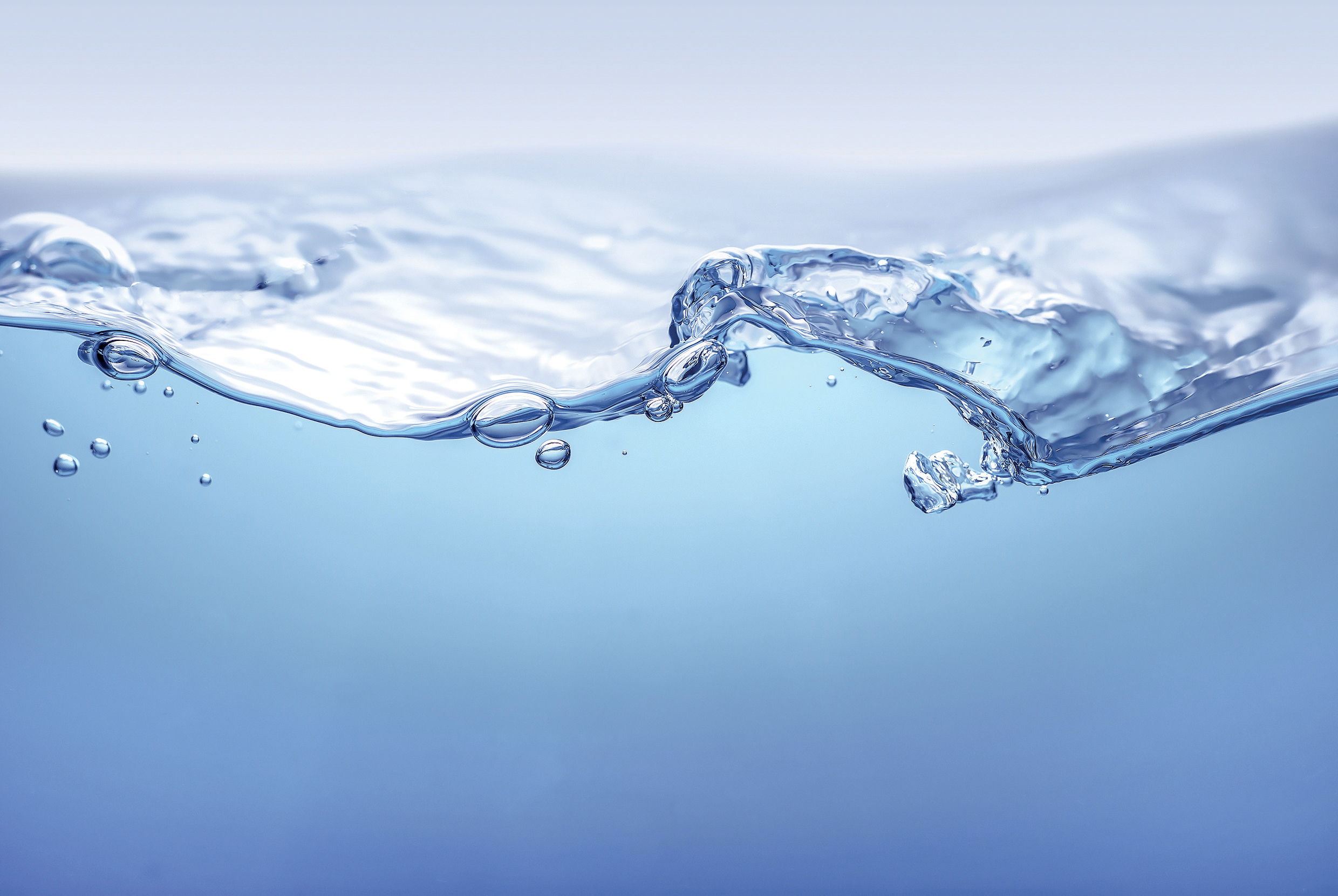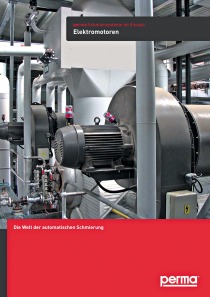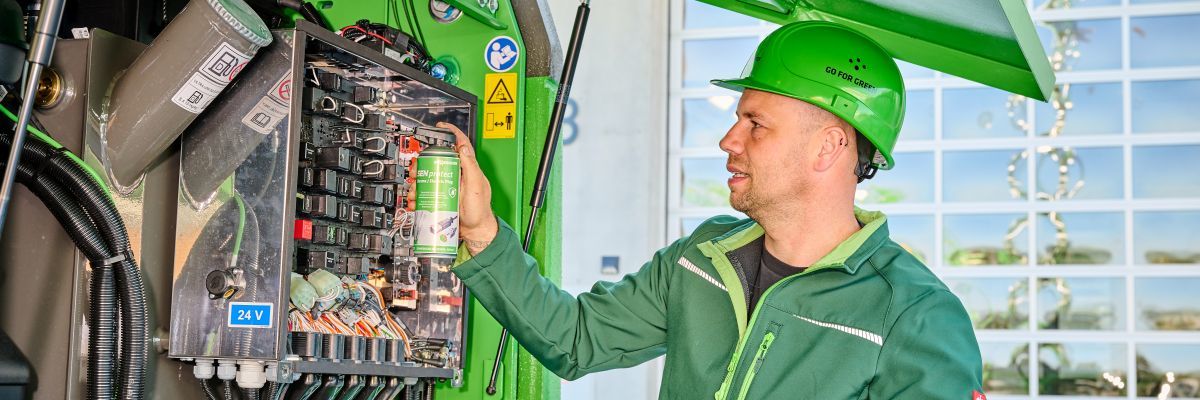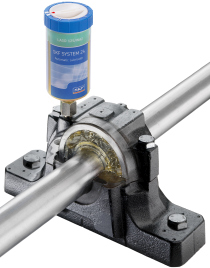Hydro Lubricants – the lubricants of the future
 Water as a selectively used lubricant component offers completely new possibilities, for one thing thanks to the newly gained wide variety of raw materials
Water as a selectively used lubricant component offers completely new possibilities, for one thing thanks to the newly gained wide variety of raw materials
Source: Klüber Lubrication
How would it be if the maintenance, for example, of industrial or car gears just meant topping up with tap water? If impurities caused by lubricants could be easily removed with clear water? Not only would it make working in industrial plants safer and cleaner, in one go, any worries about the sustainability of the lubricant used would be washed away, too. Working on the basis of this consideration, Klüber Lubrication has developed a concept with the potential to revolutionize the future of speciality lubricants. The tribology experts have succeeded in developing homogeneous lubricants with a functional water content: Hydro Lubricants.
“Compared to today’s oil-based lubricants, water offers numerous important functional advantages: it is sustainable, available worldwide, non-toxic and non-combustible,” explains Dr Stefan Seemeyer, head of research and product development at Klüber Lubrication. “As a lubricant, water has only been of limited use so far as it is subject to certain physical and biological limitations such as evaporation and freezing point, oxidation or microbiological growth. With additives in the lubricant or technical solutions at the component, however, it is possible to shift these limitations and make the water-specific effects usable with positive effect. With a water-based product concept, we have been able to reduce friction so far that the range of “superlubricity” is moving within reach.”
Water as a selectively used lubricant component offers completely new possibilities, for one thing thanks to the newly gained wide variety of raw materials. As water-soluble substances are generally not oil-soluble, these have hardly played a role in traditional lubricant development. Now, with such novel lubricant components, performance parameters can be achieved that have not been possible up to now, for instance, very good cooling properties or energy savings thanks to significant reduction in friction.
Also with technical solutions in the component, the water-specific effects can be made usable to positive effect. For example, evaporated water can be held in circulation in a closed component and even used for cooling. Another starting point is to make the obvious properties of the water, such as electrical conductivity or cooling effects, usable. In this way, completely new possibilities are opened up for many applications, e.g. in E-mobility.
“The special lubricant of the future must meet so far unknown challenges,” explains Michaela Wiesböck, group leader at Klüber Lubrication in research and product development. “In view of growing demands on lubricants in respect of performance, energy efficiency and environmental compatibility on the one hand and the finite availability of fossil raw materials on the other, the need for novel lubricant concepts based completely on renewable raw materials is clear even now.”
Already today, the Hydro Lubrication Technology is used in the Klüberplus C 2 series. For the lubricant designed for belt conveyors, water and water-soluble oils form a homogeneous solution, which leads to a better dosing of the lubricant and therefore to reduction of production stoppages. However, this only just the start when it comes to harnessing the potential of Hydro Lubrication technology. With cooperation partners from different industries, Klüber Lubrication is currently working on Hydro Lubricants for applications in gears, bearings, chains and other components.





